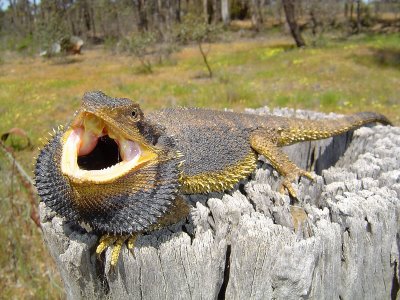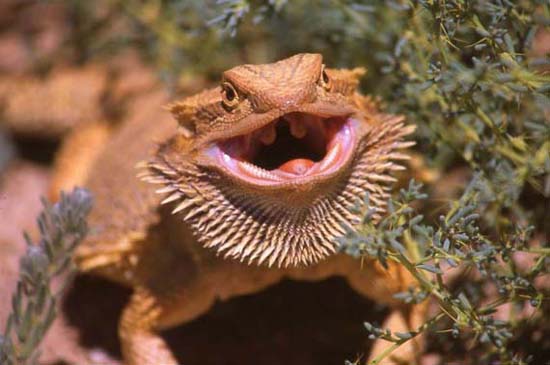Why Is Your Bearded Dragon Not Eating? Symptoms, Causes and Home Remedies
Why Is Your Bearded Dragon Not Eating?
Bearded dragons are fascinating pets that can brighten up any home. These docile creatures are easy to care for, but they can sometimes experience health issues. One of the most common problems that Bearded Dragon owners face is the issue of the dragon not eating. If you’re worried about your pet not eating, this blog post is for you. In this post, you’ll learn about the symptoms of a bearded dragon not eating, the causes, and home remedies to help your pet begin to eat again.
Symptoms of a Bearded Dragon Not Eating
There are several symptoms that you may notice if your bearded dragon is not eating. These include:
- Lethargy or lack of energy
- Weight loss
- Dehydration
- Changes in bowel movements
- Disinterest in food

Causes of a Bearded Dragon Not Eating
There are several reasons why your bearded dragon may not be eating. Some of the most common causes include:
- Stress from a recent change in environment or diet
- Digestive issues such as impaction
- Dental problems
- Infection or illness
- Inadequate diet
- Parasites
Home Remedies for a Bearded Dragon Not Eating
If you notice that your bearded dragon is not eating, you can try these home remedies to help your pet regain their appetite. However, please note that if your pet’s condition does not improve within a few days, you should seek veterinary attention.
Correct Environment
To keep a bearded dragon healthy, it is important to maintain the correct environment. Ensure that you provide adequate heat and lighting, as well as hiding spots and a basking area. Also, ensure that their living environment is free of stress factors such as loud noises and other pets.

Adjusting Their Diet
If you believe that your bearded dragon may not be eating due to digestion problems, you may need to adjust their diet. Try feeding your pet a diet that is higher in fiber, with plenty of greens such as kale and collard greens. Also, ensure that your bearded dragon’s diet is adequately supplemented with calcium.
Soaking
Soaking your bearded dragon in warm water can help to stimulate appetite, as well as help to alleviate constipation. Fill a shallow dish with warm water and gently place your dragon into the water, ensuring that they can freely move around. Allow your bearded dragon to soak for around 10-15 minutes.

Veterinary Care
If your bearded dragon’s condition does not improve within a few days, or if you notice additional symptoms such as lethargy or dehydration, you should seek veterinary attention. Your veterinarian will be able to provide a more accurate diagnosis and treatment plan for your pet.
Conclusion
Bearded dragons are wonderful pets that can bring a lot of joy and happiness to any home. However, like any pet, they can sometimes experience health issues. If you’re worried about your Bearded Dragon not eating, you should take action to help your pet regain their appetite. By following the home remedies covered in this blog post, you can help your pet feel better and begin to thrive once again.
